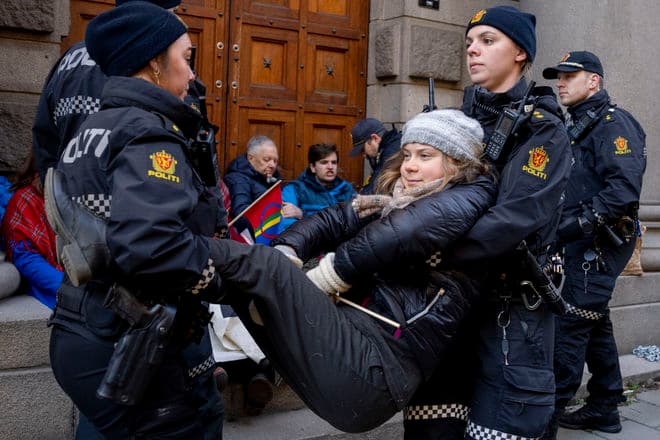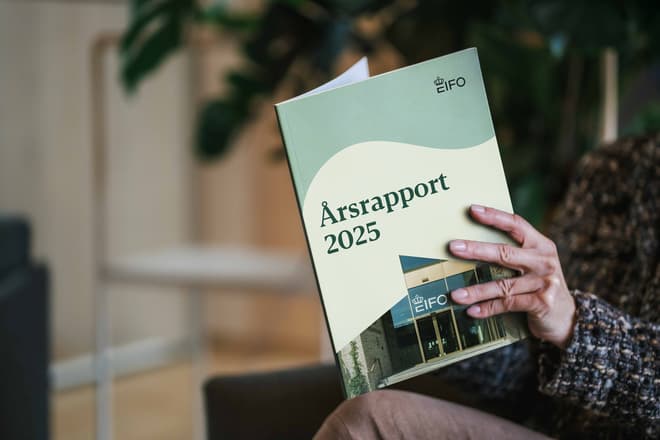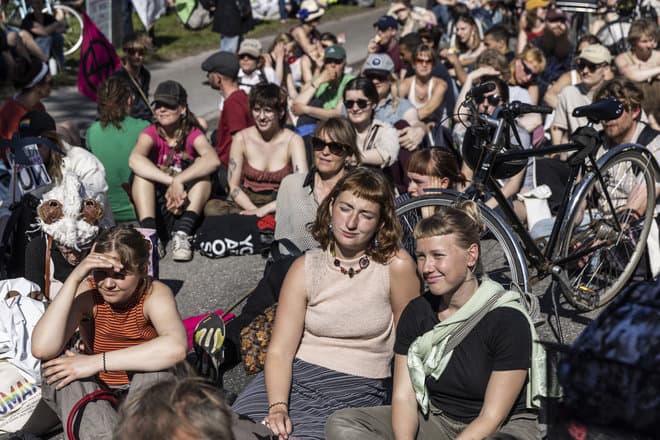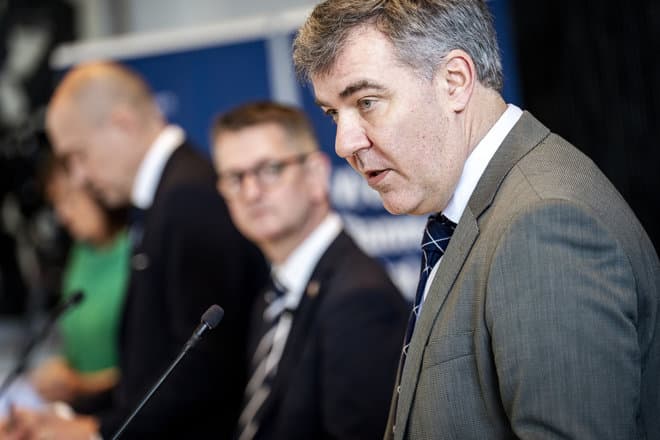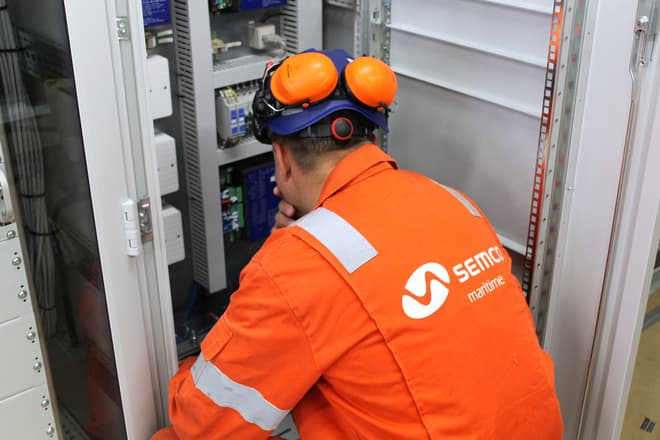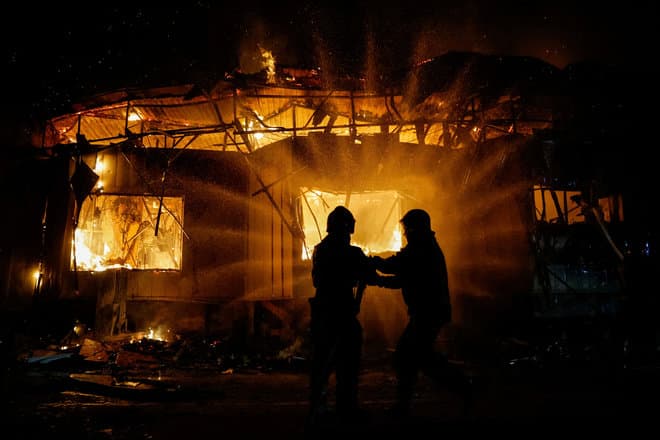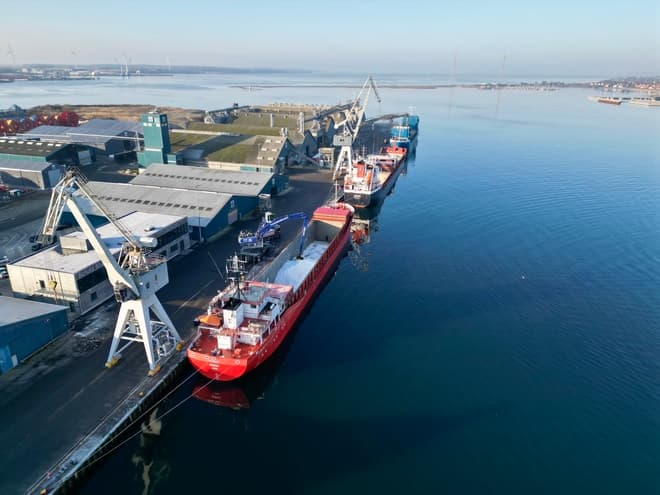There is still no agreement among the EU countries on the sixth sanctions package against Russia, but an agreement will soon be reached. This is what Foreign Minister Jeppe Kofod (S) says after a meeting of EU foreign ministers in Brussels on Monday.
- I expect that we will be able to get the sixth sanctions package in place very soon. And there is no doubt about where Denmark stands: We want the harshest possible sanctions that we can agree on, says Jeppe Kofod.
Monday's meeting did not actually formally have the sanctions on the agenda, but it was held after a period in which Hungary in particular has opposed a rapid phasing out of Russian oil. This means that the sanctions are going from being a clear winner to a problem child for the EU.
Several countries oppose rapid phasing out of crude oil
In its proposal for the sixth sanctions package, the EU Commission has proposed that Russian crude oil should be phased out within six months. According to the EU Commission's proposal, refined oil products should be phased out within nine months.
But Hungary has opposed this timetable. Hungary points out that due to the lack of ports, it is difficult to replace the Russian oil delivered through pipelines.
Other countries such as the Czech Republic and Slovakia are also so dependent on Russian oil that they want to be able to continue importing beyond the EU Commission's schedule.
Must be on the right side of history
On the way to Monday's meeting, Lithuania's Foreign Minister, Gabrielius Landsbergis, however, singled out Hungary as the biggest problem. According to Landsbergis, Hungary has taken the entire EU "hostage". Jeppe Kofod will not go that far, but he does say:
- I expect that all countries that are concerned with being on the right side of history in the brutal war of aggression that Putin is waging against Ukraine will support the sanctions. Hungary too. We must take the right steps to impose the maximum costs on Putin and Russia, including in the energy sector, says Jeppe Kofod.
The problem is that all EU countries must agree before a sanction can be implemented. This means that the EU Commission and the other EU countries have to listen to Hungary's wishes. Jeppe Kofod suggests that there should be help for the individual countries that are particularly hard hit by the lack of Russian oil.
- It is very costly for some countries, but we will solve that. The most important thing is that we get the packages through so that we hit Putin as hard as possible, says Jeppe Kofod.
Ritzau
Text, graphics, images, sound, and other content on this website are protected under copyright law. DK Medier reserves all rights to the content, including the right to exploit the content for the purpose of text and data mining, cf. Section 11b of the Copyright Act and Article 4 of the DSM Directive.
Customers with IP agreements/major customer agreements may only share Danish Offshore Industry articles internally for the purpose of handling specific cases. Sharing in connection with specific cases refers to journaling, archiving, or similar uses.
Customers with a personal subscription/login may not share Danish Offshore Industry articles with individuals who do not themselves have a personal subscription to Danish Offshore Industry.
Any deviation from the above requires written consent from DK Medier.


